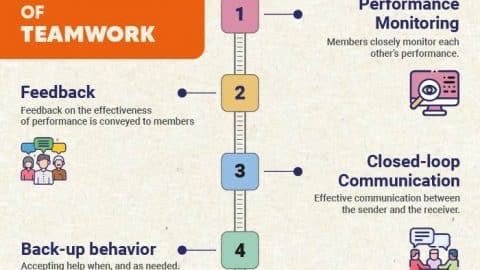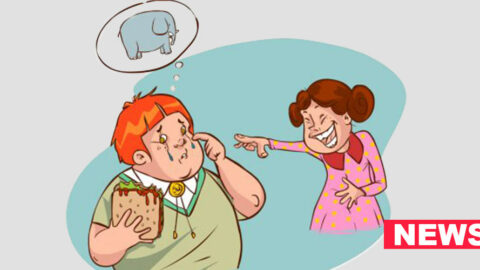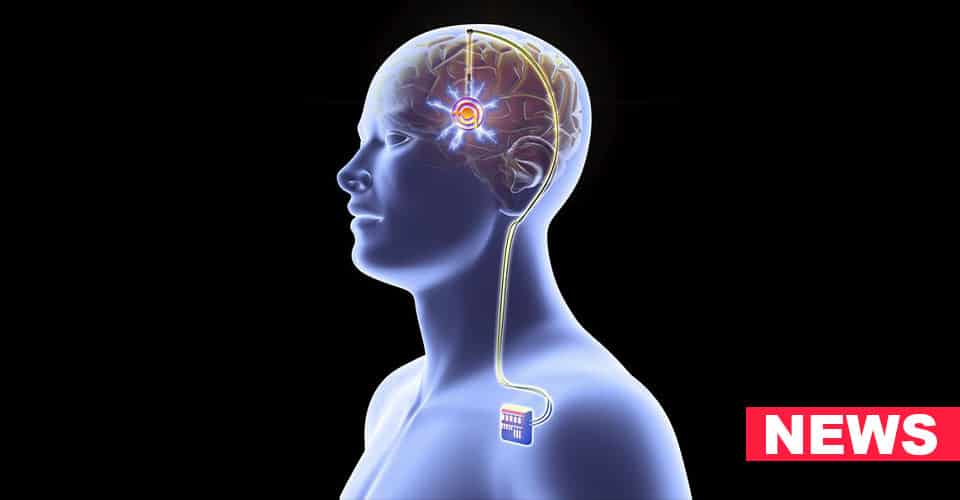Grief is an inevitable part of the human experience, a natural response to loss that touches the lives of every individual at some point. Whether it is the loss of a loved one, a job, a relationship, or even a sense of normalcy, grief manifests in various forms and intensities. Addressing grief and loss correctly is a critical aspect of our emotional and psychological well-being.
Understanding The Complexity Of Grief
Grief is not a one-size-fits-all emotion; rather, it is a complex and multifaceted experience. It encompasses a range of emotions, from sadness and anger to guilt and confusion. Additionally, grief can be influenced by cultural, social, and individual factors, making each person’s experience unique. Addressing grief and loss correctly means recognizing this complexity and allowing individuals to express their emotions in their own way and time.
The Necessity Of Addressing Grief And Loss
When grief is not addressed properly, it can lead to a condition known as complicated grief or prolonged grief disorder. Complicated grief is characterized by persistent and severe symptoms such as intense yearning, preoccupation with the deceased, and difficulty accepting the loss. By addressing grief and loss correctly from the beginning, we can reduce the risk of it becoming a long-term and debilitating condition.
Suppressing or avoiding grief can have detrimental effects on mental health. Unresolved grief can lead to conditions such as depression and anxiety. Recognizing the basic necessity of addressing grief and loss can promote mental health by providing an outlet for emotions and facilitating the healing process.
Additionally, grief and loss not only affects the mind but also the body. Studies have shown that unresolved grief can weaken the immune system, increase the risk of cardiovascular problems, and contribute to sleep disturbances. By addressing grief correctly, we can mitigate these physical health risks.
Grief can also strain relationships, as individuals may withdraw or behave differently in response to their loss. By addressing grief and loss openly and honestly, we can strengthen our connections with others, as communication and understanding become key components of the healing process.
The Benefits Of Addressing Grief And Loss Openly
Emerging research confirms that addressing grief and loss adequately can have a number of mental health benefits in the long run:
1. Emotional Release And Catharsis
Addressing grief and loss correctly provides an opportunity for emotional release and catharsis. Expressing one’s feelings, whether through tears, conversations, or creative outlets, can provide a sense of relief and release pent-up emotions.
2. Facilitating Healing
Grief is a necessary part of the healing process. By acknowledging and processing grief, individuals can work through their pain and gradually find a sense of closure and acceptance.
3. Honoring The Deceased
Addressing grief and loss correctly allows individuals to honor the memory of the deceased in meaningful ways. Creating rituals, celebrating their life, or engaging in activities they enjoyed can be comforting and therapeutic.
4. Building Resilience
When individuals navigate grief in a healthy manner, they often emerge with increased resilience. They learn to adapt to adversity and develop coping skills that can benefit them in other areas of life.
5. Promoting Mental Well-Being
Properly addressing grief is essential for mental well-being. It helps individuals process their emotions, reduce the risk of developing mental health conditions, and maintain a positive outlook on life.
Addressing grief and loss correctly is not a one-size-fits-all process; it is a deeply personal and often challenging journey, and there is no correct way to grieve. However, it is a journey that is essential for our emotional, mental, and physical well-being. By acknowledging the complexity of grief, we can prevent it from becoming complicated grief and the associated long-term consequences.
It is also crucial to embrace grief, allow ourselves to feel the emotions it brings, seek support when needed, and navigate the process with patience and self-compassion. In doing so, we can honor our loved ones, preserve our mental and physical health, and ultimately find a path towards healing and psychological resilience.



























